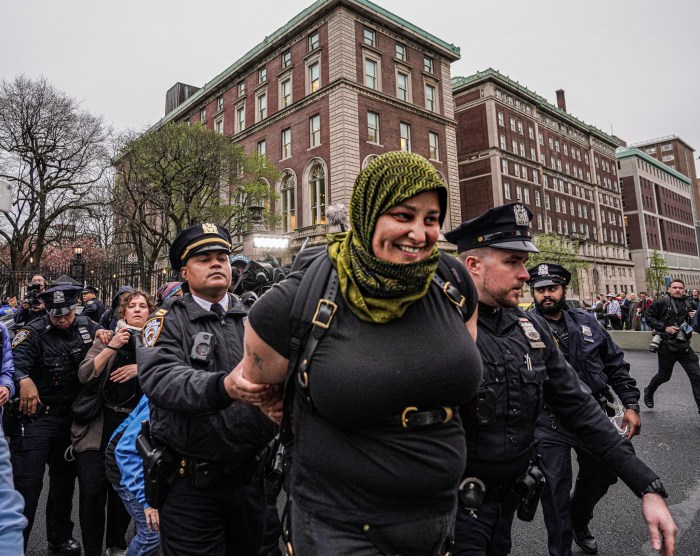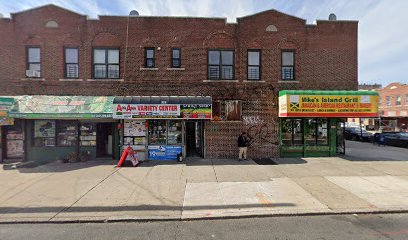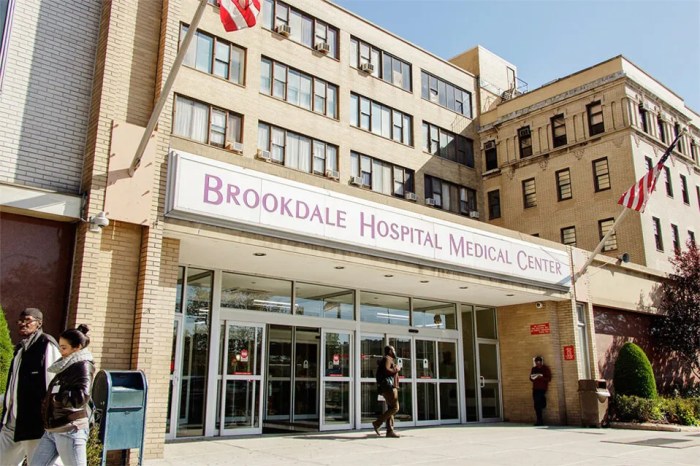
Downtown Brooklyn residents say an effort to preserve the one-time home of prominent abolitionists is a fight to preserve community history.
Locals rallied Thursday outside 227 Duffield St., a building that is believed to have been a stop along the Underground Railroad that is slated for demolition. Despite its long history, the building that sits on Abolitionist Place does not enjoy official landmark protection.
"Change is good, but too much change with no consideration to landmarks and things that made Brooklyn what it really is, is not," said Betty Lester, 70, a lifelong Brooklyn resident and community liaison for Councilman Stephen Levin. "They have demolished so many things. … It would break my heart to see them tear this down."

The building was owned by abolitionists Thomas and Harriett Lee-Truesdell in the 1800s and is believed to be built upon a tunnel that was part of the Underground Railroad. Many locals at the rally said they saw those tunnels for themselves before the building was condemned in May.
The city dubbed Duffield Street as Abolitionist Place in honor of its history, but despite the recognition, 227’s neighboring buildings with claimed ties to the Underground Railroad have since been demolished. 227 Duffield is now bordered by a park, bar and hotel.
Environmental, planning and engineering firm AKRF completed a study on the site in 2007 and found that 227 Duffield is “quite possibly involved” with the Underground Railroad, although there was no “positive evidence.” AKRF agreed that there are various oral traditions supporting the building’s connection to abolitionist movements and that the building’s original owners, Thomas and Harriet Lee-Truesdell, were prominent abolitionists. However, the report also said there are no supporting documents connecting the building to the Underground Railroad, preventing the building from achieving National Historic Landmark status.
Gowanus resident Sabine Aronowsky, a friend of former building owner and resident Joy Chatel, who died in 2014, was one of the many people who saw the tunnels. She documented the tunnels and the building’s story on the public access show "Freddy’s Brooklyn Roundhouse."

"It’s heartbreaking. This is not a new fight; this is a fight that we’ve been fighting for decades at this point, and it’s a history that’s been passed down for generations," she said. "This is the last home on this block and it represents a lot to the community to be able to have a place and a space to tell the story of what happened here."
Community members have launched a petition to New York City Landmark Preservation Commission executive director Lisa Kersavage to conduct a new study and give the building landmark status so that it cannot be demolished. The petition, available on change.org, garnered more than 2,340 signatures as of Friday morning.
Aleah Bacquie Vaughn, executive vice president of advocacy organization Circle for Justice Innovations, was one of many in the crowd who want to see the building turned into a black history museum with a focus on Brooklyn’s role in the Underground Railroad.

"Resistance matters, and it changed the course of history. If we don’t know our history, then we are doomed to repeat it," she said. "Were this a museum, we would be bringing our children to see [that history], and people in this city would be fascinated to learn that this was a beacon of freedom in this country."
The demolition date is unknown, but protesters said that the only acceptable future for 227 Duffield is one that properly remembers the past.
"They’re trying to erase our history, and when they erase your history they erase who you are," Vaughn said. "We will have a fair and just process that looks into the history of this building because if we don’t, there will be hell to pay."

















